Results
-
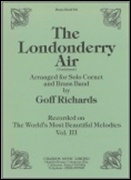 £25.00
£25.00LONDONDERRY AIR (Cornet Solo with Brass Band) - Richards, Goff
Recorded on Polyphonic QPRL070D Solo.
Estimated dispatch 7-14 working days
-
 £54.99
£54.99Langstrump Samba (Brass Band - Score and Parts)
The popular Swedish children's series Pippi L?ngstrump (Pippi Longstocking) is about an exceedingly strong and strong-willed little girl with red braids - who is the brainchild of Astrid Lindgren. This series has been broadcasted in many countries. I arranged its cheerful theme tune in samba style. Even with the new rhythm, the original song is still very recognizable. In the exuberant samba style, the percussion plays an important role. Within the L?ngstrump Samba, this is especially clear in the ad libitum percussion solo halfway through the arrangement. The solo can go on as long as desired, and offers plenty of freedom because of the free choice of the instruments used. 02:30
Estimated dispatch 7-14 working days
-
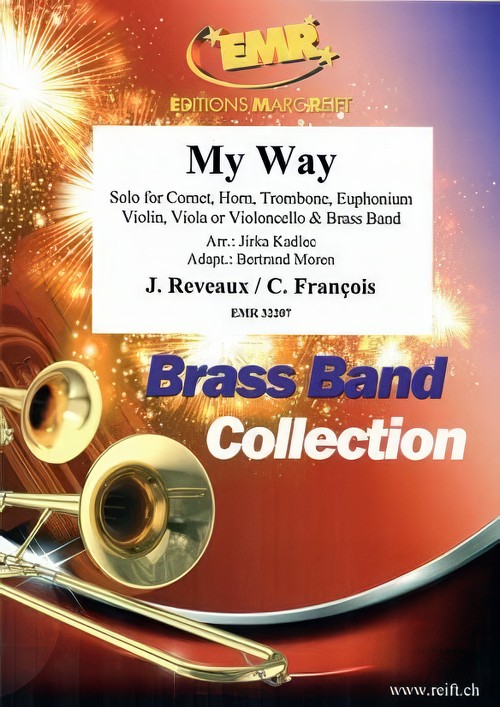 £95.00
£95.00My Way (Flexible Solo with Brass Band - Score and Parts) - Francois & Revaux - Kadlec & Moren
Solo for Cornet, Eb Horn, Trombone, Euphonium, Violin, Viola or VioloncelloDuration: 3.45
Estimated dispatch 7-14 working days
-
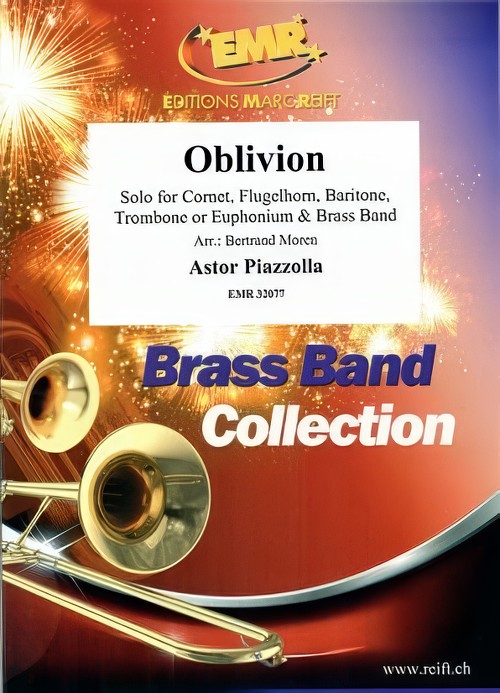 £85.00
£85.00Oblivion (Flexible Solo with Brass Band - Score and Parts) - Piazzolla, Astor - Moren, Bertrand
Solo for Cornet, Flugelhorn, Baritone, Trombone or EuphoniumDuration: 4.00
Estimated dispatch 7-14 working days
-
 £59.99
£59.99Over the Rainbow (Eb or Bb Cornet Solo with Brass Band - Score and Parts) - Arlen & Harburg - Morrison, Alan
Recently voted the greatest family film of all time the classic Wizard of Oz is one film that everybody knows. The film theme was re-invigorated with the release in 2004 of a new version by the relatively unknown Australian vocalist, Eva Cassidy. Unfortunately Eva Cassidy is no longer with us but this song will give generations of new music listeners an insight into her amazing vocal abilities and talent. The world-renowned Cornet soloist, Alan Morrison, has taken the Eva Cassidy version and crafted a wonderful Cornet solo in this award-winning arrangement. A wonderful chance to showcase either your Bb or Eb Cornet soloist in a work guaranteed to have your audiences in awe.
Estimated dispatch 7-14 working days
-
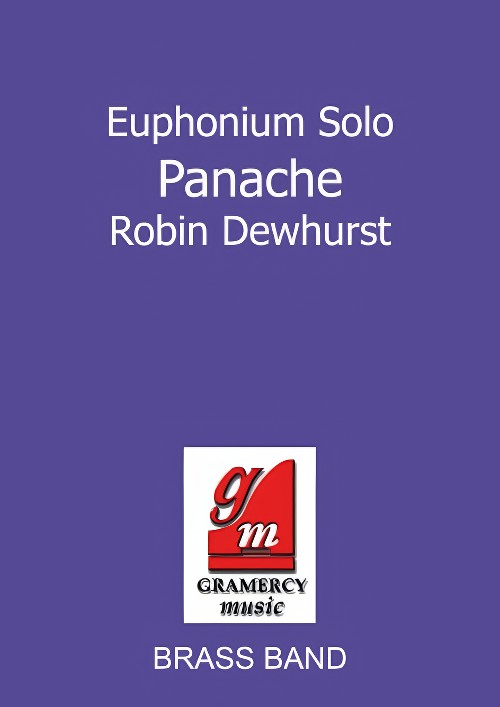 £44.95
£44.95Panache (Euphonium Solo with Brass Band - Score and Parts) - Dewhurst, Robin
A superb euphonium solo from Robin Dewhurst, the easy listening light jazz style employed here is a perfect addition to the repertoire.?Panache?was commissioned by virtuoso Steven Mead. (Also available with piano accompaniment).
Estimated dispatch 7-14 working days
-
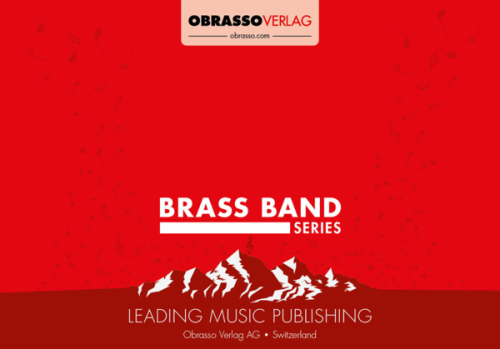 £59.70
£59.70Prelude and Scherzo (Horn or Euphonium Solo with Brass Band - Score and Parts) - Lorriman, Howard
Eb/F Horn or Euphonium/Baritone Solo.
Estimated dispatch 7-14 working days
-
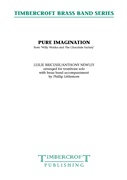 £35.00
£35.00Pure Imagination (from Willy Wonka and The Chocolate Factory) (Trombone Solo with Brass Band - Score and Parts) - Littlemore, Phillip
The 1971 film musical Willy Wonka and The Chocolate Factory starred Gene Wilder in the title role. The music was written by composer/actor Anthony Newley, with lyrics provided by Leslie Bricusse, for which it received an Oscar nomination for Original Song Score. There are several well-known songs from the film, but perhaps the most famous is Pure Imagination, which is sung by Willy Wonka as the five children and their parents enter the Chocolate Room in Wonka's factory. It has been arranged as a trombone solo and has a simple jazz-like accompaniment. Duration: 3:00
Estimated dispatch 7-14 working days
-
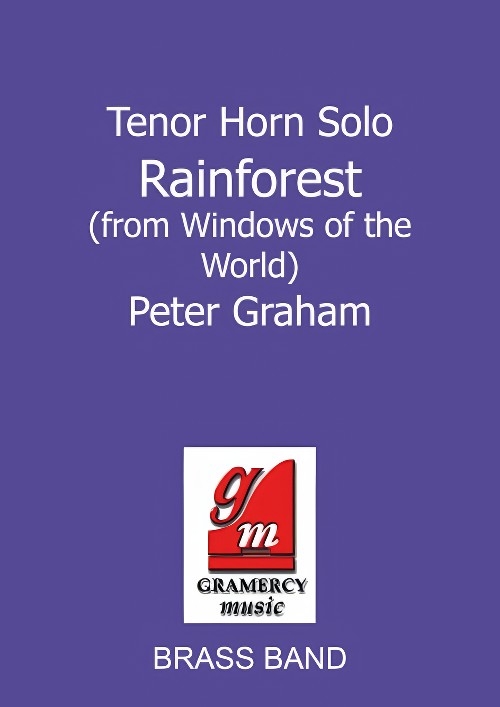 £44.95
£44.95Rainforest (Eb Horn Solo with Brass Band - Score and Parts) - Graham, Peter
Solo for Tenor Horn Eb. The Second movement from Windows of the World.
Estimated dispatch 7-14 working days
-
 £48.95
£48.95RHAPSODY FOR EUPHONIUM (Euphonium/Brass Band) - Curnow, James
Euphonium Solo. BC and B flat TC solo parts included.
Estimated dispatch 7-14 working days
